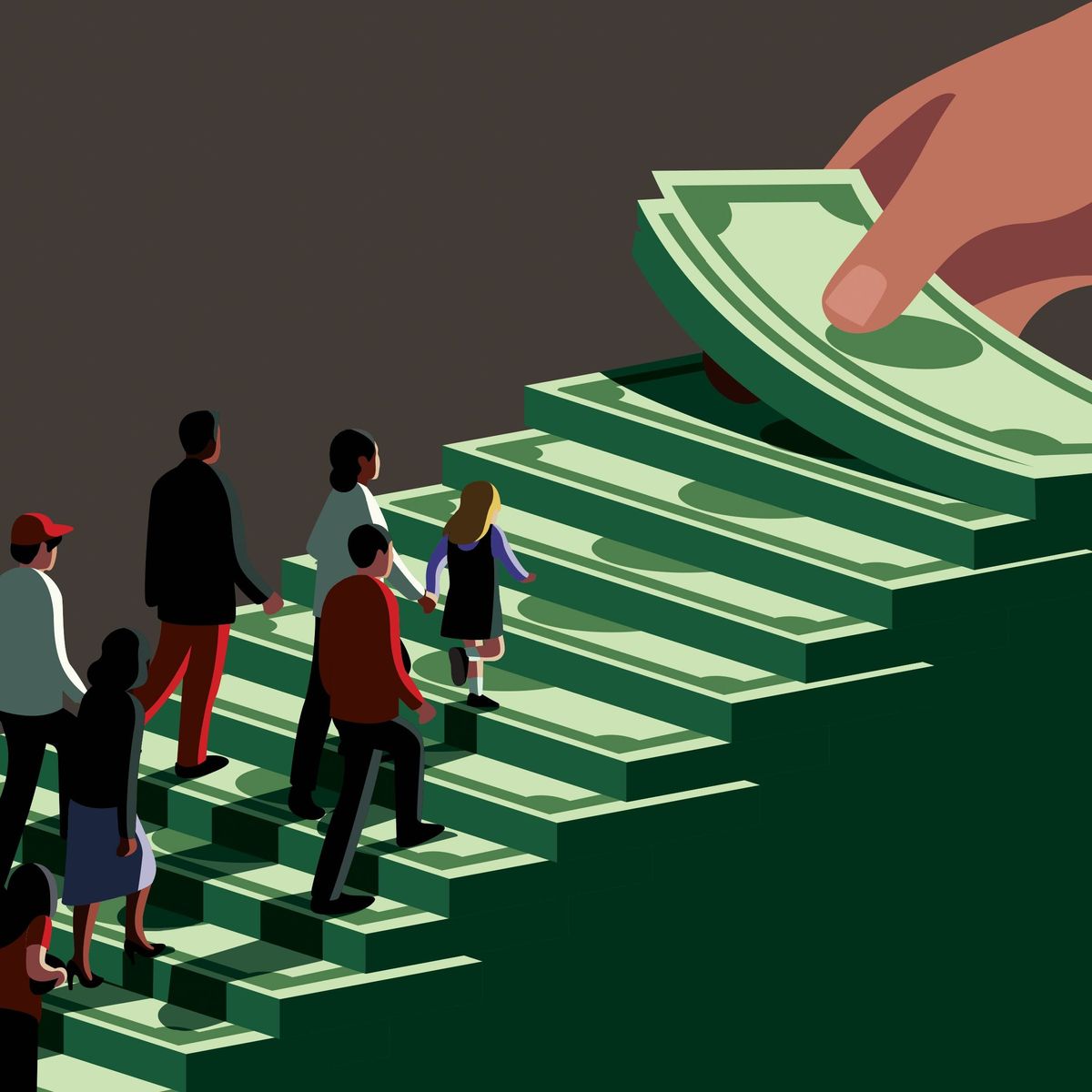Has COVID-19 changed perceptions on Universal Basic Income?

A few minutes every morning is all you need.
Stay up to date on the world's Headlines and Human Stories. It's fun, it's factual, it's fluff-free.
Even before the coronavirus crisis hit the United States, the topic of Universal Basic Income (UBI), a government-mandated baseline income, had been further popularized by recent Democratic presidential candidate, Andrew Yang.
Yang’s signature campaign platform was called the Freedom Dividend, which proposed giving every American US$1,000 per month, regardless of income.
Yang dropped out of the race in early February.
While the idea is certainly not new – it has been heralded in some form for several hundred years, including by Martin Luther King Jr and former US President Richard Nixon – it has garnered significant attention as the COVID-19 crisis has severely impacted the jobs market.
The latest numbers show that over 30 million Americans have filed for unemployment over a six-week span since the coronavirus led workplaces around the country to close – the highest numbers in decades.
While some observers argue that this crisis is unique since it was a result of a deliberate shut down, meaning that things could potentially pick up relatively quickly once the worst has passed, others warn that the effects of the virus could last much longer, leaving millions in prolonged economic limbo.
In light of the uncertainty, leaders have started to grapple with the idea of UBI, with some saying that it would help spur growth and insure citizens against economic shocks, while others counter that it’s unrealistic and would result in poor outcomes.
Worthy of attention?
In an interview on April 27, US Speaker of the House Nancy Pelosi alluded to the possibility that UBI could be a potential tool that the government could use to keep people afloat economically during the crisis.
“Let’s see what works, what is operational and what needs attention,” she said, adding, “Others have suggested a minimum income, a guaranteed income for people. Is that worthy of attention now? Perhaps so. Because there are many more people than just in small business and hired by small business … that may need some assistance as well.”
Proponents of UBI say that it would shield the public from the impact of inequality and instability, while helping shore up demand by stimulating the public’s willingness to buy more products and services.
According to a study by the Roosevelt Institute, a liberal-leaning think tank, an unconditional cash transfer system of US$1,000 for all American adults each month would expand the economy by 12.56 percent over eight years and likely lead to increases in output, employment, labor force participation, prices and wages.
“If we want to create a more resilient economy and country, a guaranteed income should be permanent American policy, not just an emergency measure to help with this crisis,” argued Chris Hughes, co-founder of the Economic Security Project, an organization advocating for UBI.
As part of its economic relief package, the US government sent one-time checks of US$1,200 per adult to those who make less than US$90,000 annually, but there are no immediate plans to do so again.
“Bad idea”
Others have been steadfast in their critiques of UBI, claiming it would be difficult for the government to fund and would lead to inflation and disincentivize work.
“If you add in the knowledge that everybody that walks into your store, because of UBI, now has a wealth baseline of X+$10K, don’t you think that shop owner would charge more for his products? He knows you can afford a higher price now,” wrote Greg Archetto, a former foreign policy advisor to US Senator Rand Paul.
“These price rises would then have reverberations throughout the economy. As prices went up, wages would need to follow, which would make prices go even higher in an upward inflationary spiral,” he concluded.
Milton Ezrati, an American economist and investment manager, says that UBI would cost the government trillions of dollars that it doesn’t have, resulting in a 50% increase in government spending per year and causing pushback from those who benefit from traditional welfare schemes, potentially leading to less satisfying lives for millions of Americans.
“A Bureau of Labor Statistics study of people on unemployment discovered, for instance, that they spent more time in front of the television and sleeping than upgrading their working skills much less contemplating the meaning of life,” he argued. “There must be a better and less risky way to meet today’s social and economic challenges.”
COVID-19 impact
A 2019 survey by researchers at the University of Southern California found that Americans were nearly split on UBI, with 37% supporting it, 40% opposing and 23% having no opinion. This follows similar splits in public opinion on the matter recorded by Gallup in 2017.
Regardless, the impact of COVID-19 seems to have thrust it further into the public consciousness.
According to Stanford historian Jennifer Burns, although UBI should continue to garner attention in the wake of the crisis, it’s unclear where that might eventually lead.
“As a historian of ideas, it’s always fascinating to watch how an idea that is outside the bounds of plausibility or polite conversation can suddenly crash the party,” she said. “We may be at that moment now with UBI – a policy idea that was outlandish and fringe a few months ago is now a major topic of discussion in Washington, DC.”
[article_ad]
Have a tip or story? Get in touch with our reporters here!
Sign up for daily news briefs from The Millennial Source here!




Comments ()